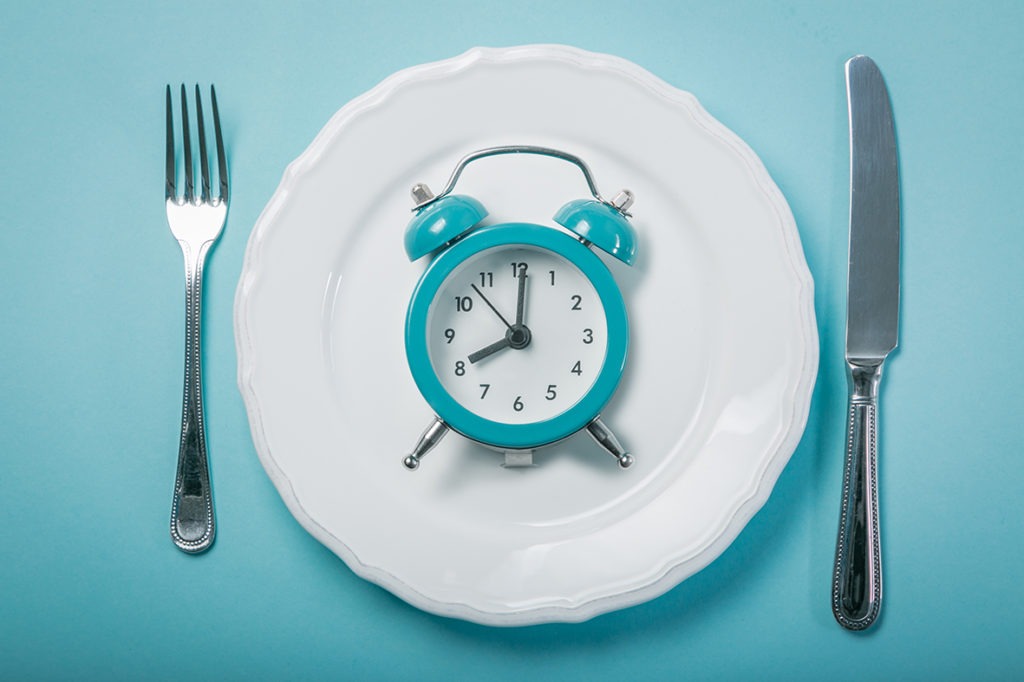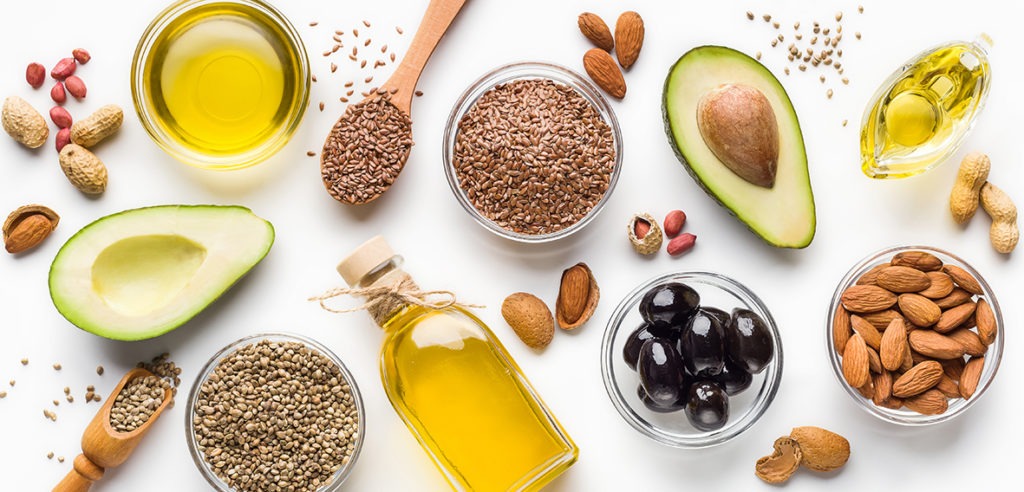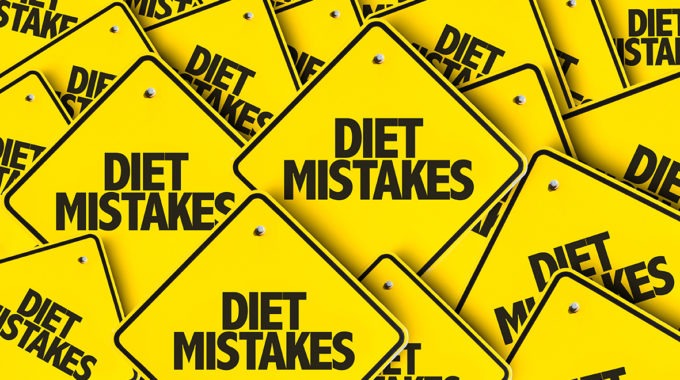Dietary mistakes you could be making
Making poor food choices can be a sign that things are a bit out of kilter in your life. We often turn to food as a source of comfort, or simply just for something to do. Whether it’s due to not really understanding healthy options or needing help to be accountable, easy-to-remember guidelines can help you stay on track. Perhaps you’re the type of person who needs a step-by-step program, or a personal health coach to help you navigate your food choices and why you make the choices you do. Others just need a gentle reminder of healthy eating habits. Here are some of the more common dietary mistakes people tend to make, often without even realising they’re doing anything wrong.

Eating too late
It’s one of the biggest dietary mistakes for busy mums and those with high-pressure jobs who spend a lot of late nights at work. Having dinner too late can lead to stacking on the kilos. Eating late at night (yes, even that sneaky snack in front of the TV once the kids are in bed) disrupts your sleep, because your digestive system is working overtime, trying to churn through that food before your head hits the pillow. While you sleep, the body needs to devote a certain amount of time to repair and maintenance. Critically, this can’t take place while you’re also digesting food. Finishing your last meal at least three hours before bed allows your body to digest effectively and produce the sleep-inducing hormone, melatonin.
Twelve-week online program The Fast 800 recommends allowing a minimum of 12 hours between your last meal of the day and the next time you eat. This is known as intermittent fasting. There’s plenty of research into the benefits of intermittent fasting, such as weight loss, reversing type 2 diabetes and reducing inflammation and blood pressure.

Yo-yo dieting
Bouncing from diet plan to diet plan or depriving your body of certain food groups like carbs (which don’t make you fat, BTW) is one of the most common dietary mistakes. It’s also not sustainable. It can lead to weight gain (rather than the loss you were aiming for), mood swings and feelings of missing out when celebrations and events roll around. It’s important to choose a style of eating that’s achievable and can become a way of life, such as the Mediterranean-style diet, not just a “quick fix”. Depriving yourself is setting yourself up for failure, which means you’re more likely to give in to cravings or binge-eating.

Eating hidden sugars
Refined sugar is often hidden in packaged and processed foods. For example, your favourite flavoured yoghurt is likely to have around 12g of sugar per 100g. If you add that yoghurt to one of your favourite cereals, there’s often hidden sugar in those as well. Then, if you have a glass of juice with that… it’s even more sugar. Ideally, your sugar intake should be less than 10 percent of your total calories – the lower the better. If you eat what we’ve outlined above, you’ve likely come close to that, just at breakfast alone.
It’s easy to see how we inadvertently consume too much. You can cut down the amount of sugar you consume by clearing out the table sugar, replacing sweeteners for less refined options and slowly reducing the overall amount of sugar you’re consuming. Drink water instead of juice or soft drinks. Shop fresh and eat whole foods instead of those that are packaged and processed. Also, beware of processed foods labelled “diet” or “fat-free” – these usually contain extra sugar to make them palatable.

Assuming all fats are created equal
Just like protein and carbs, fat is needed to help your body absorb vitamins and to protect your heart and brain. Many people avoid fat, thinking it contributes to high cholesterol or weight gain. But not all fats are created equal. Trans fats are the bad guys – they’re linked to heart disease and many other health issues. Good fats like monounsaturated fats found in avocado, nuts, olives and some oils; and polyunsaturated fats like oily fish (salmon, trout, sardines, mackerel) are truly “good”, reducing inflammation and boosting health.

Not drinking enough water
Did you know that by the time you feel thirsty you’re already in the stages of being dehydrated? Thirst signals can be weak and often misunderstood as hunger. When you’re dehydrated you may feel lethargic and tired. To gain energy, the brain sends signals which can make you confuse hunger with thirst. This can ultimately lead to overeating and resultant weight gain. Luckily, this is one of the easiest dietary mistakes to fix. Just drink more water, every day. Try carrying a reusable bottle with you wherever you go.
Gabrielle Newman is a clinical nutritionist and the nutritionist and recipe developer for The Fast 800. She has a special interest in weight management, hormonal and metabolic health.
For more about The Fast 800, head to thefast800.com. Always consult your doctor before beginning any diet or fitness regime. Any advice given here is not meant as a substitute for care by your usual health professional and may not be applicable for all individuals.









